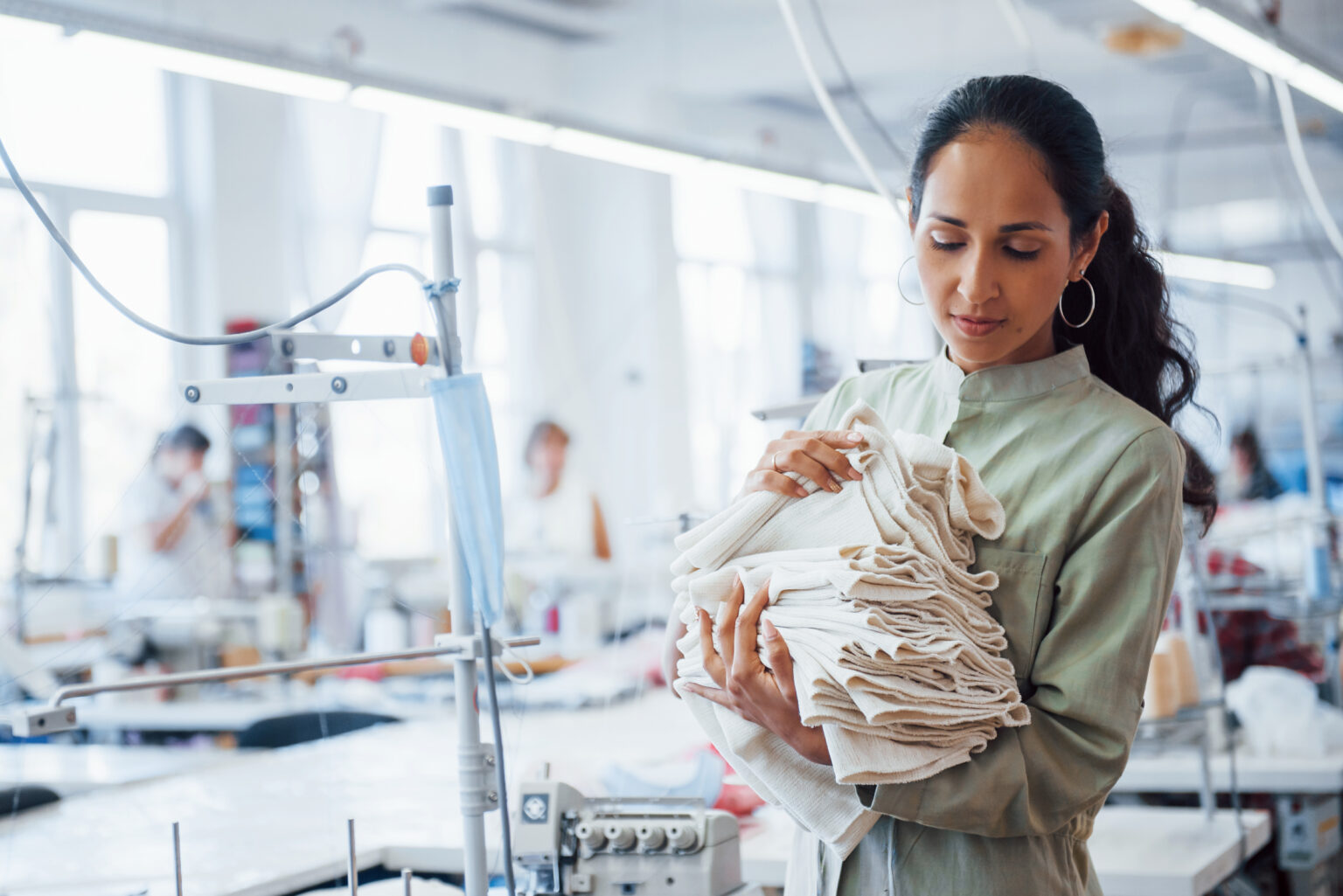More open innovation between business and countries will be essential to tackle the challenges associated with climate change, the chief executive of CATL, the world’s biggest producer of batteries for electric vehicles, has said.
Commenting at the One Earth Summit in Hong Kong, Dr Robin Zeng said that CATL was open to sharing its technology and zero carbon practices with anyone committed to accelerating the transition to green energy and a circular economy, including competing firms.
‘We must work together’
“Now, more than ever, we must work together if we are to solve humanity’s biggest problems, such as climate change,” he commented.
CATL, which supplies Tesla and other electric vehicle manufacturers, spent $2.59 billion on research and development in 2023, employing 20,000 staff in its R&D departments worldwide.
Recent innovations by the firm include a fast-charging LFP battery, which can deliver a range of 400km on a 10-minute charge, and the Qilin battery which can deliver 1,000km range on a single charge.
The group already operates zero carbon principles at its four main factories, and has pledged to be net zero across its core operations by 2025, and its entire supply chain by 2035. In 2023, it recycled more than 100,000 tonnes of battery waste.
“I think of our sustainability efforts as a single tree, but we have an ambition to create a forest,” said Zeng. “We are willing to work with businesses, governments, investors and anyone interested in accelerating climate action. Together, to extend the zero carbon practice from factories to communities, cities, and more.”
Three benefits of open innovation
As part of his presentation, Zeng outlined three core benefits of adopting an ‘open innovation’ approach.
Bridge the technological divide. CATL adopts an LRS model to share its battery technology with OEM partners, assisting in battery plant construction and operation.
Explore new applications. CATL collaborates with partners to explore sustainable uses for battery technology, such as battery swapping for both passenger cars and heavy-duty trucks.
Foster sustainable ecosystems. EVs could potentially function as distributed energy storage units, contributing power to grids and providing owners with opportunities to sell surplus energy back during peak demand.
“We have seen countries and businesses dial back their net zero commitments at a time when we need to accelerate them,” continued Dr. Zeng. “We must unite like never before to tackle our most pressing challenges, and I believe open innovation is the key to supercharging the green energy transition.”
To learn more about how to improve sustainability in your business, make sure you read www.sustainabilityonline.net.





